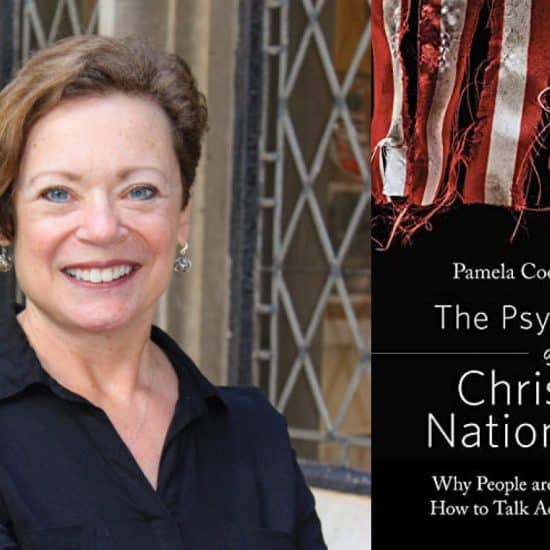This is the fourth in a five-part series by retired pastor and director of missions Wade Paris to assist pastors in helping couples begin Christian marriages. The series might also help couples who marry without the benefit of premarital counseling. Download a PDF of the entire series.

Wade Paris
“For this reason (marriage) a man shall leave his father and mother and be joined to his wife, and the two shall become one flesh” (Matthew 19:5).
Sexual integrity. Sex is one of God’s good creations. Practiced within God’s parameters, sex brings great joy. Mankind often uses sex with selfish abandon. This abuse brings righteous condemnation from the Christian community. Such condemnation sometimes causes people to feel all sex is a sin. Not so.
The ideal Christian standard for sexual conduct is for one man and one woman to marry as sexual virgins and never have sex with anyone else as long as they both live. In reality, not all couples come to the marriage altar with such innocence. Nevertheless, for Christians, the marriage vows regarding faithfulness are sacred. A husband and wife should only have sex with each other.
Sexual intimacy. Part of God’s sacred plan for sex is intimacy. In sexual intercourse, loving, married couples declare, “I give you all of myself. I withhold nothing.” The biblical word for sexual intercourse means “to know.” In marriage, couples assert, “No one knows me like I let you know me.” Sexual intimacy blesses the couple and their family today and for generations to come.
The twofold purpose of sex — pleasure and procreation. Part of God’s plan for sex is procreation. This is how a species continues. However, for humans, it appears God gave sex more for pleasure than for procreation. There are several anatomical observations that support such a position.
For the lower members of the animal kingdom, sex is totally for procreation. In the lesser animals, there is no sex except during the female ovulation cycle when she will become pregnant. For humans, the woman may become pregnant only on a few days of her cycle, but sex is possible and desirable anytime.
Among humans, sex is possible and desirable long after a woman’s child-bearing years. Among other creatures, there is no sex when the female can no longer bear young.
Of all God’s creatures, only humans have sex face to face. This means that for mankind sex is an intimate act of love, a face-to-face encounter, not just an act of procreation. Since God created us, i.e., formed us, anatomically, these observations seem to confirm sex for humans is more for love and pleasure than for procreation.
Talking about sex in marriage. Communication is essential to good relationships. Couples often have difficulty speaking of their deepest needs. This is especially true in the marriage bed.
Newlyweds must learn to talk with each other. Unfortunately, many couples talk only when they are fed up. It’s called “gunnysacking.” They put their troubles in a sack until they can’t take it anymore, then they explode.
It is easy to get so involved in good things like work, children, finances, etc., that no time is left for talking. Couples need an atmosphere where they can say what is on their hearts without fear of reprisal. Couples who learn to talk may sometimes have “thunder and lightning,” but the end result will be worth the effort. Here are some helpful rules for talking:
1. Stay on the subject.
2. Never fight to kill. Do not make wounds that will not heal.
3. Do your best to solve your problems before bedtime. Settle your disagreements as quickly as possible. “Let not the sun go down on your wrath” (Ephesians 4:26).
4. Always speak the truth with loving kindness (Ephesians 4:15).
5. Never use sex as a weapon.
These words regarding communication are spoken in the context of sex and marriage. They are intensely applicable here. However, communication principles are important to all of the marriage relationship.
Learn to talk!
Former pastor and director of missions Wade Paris writes a weekly syndicated column, “The Shepherd’s Call,” and is a Word&Way trustee.
Download a PDF of the entire five-part series on premarital counseling.






